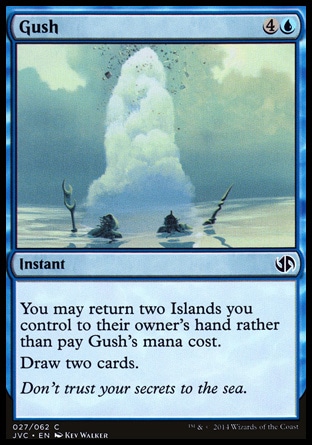In this quick clip we hear Crusader Kings II YouTuber Kailvin muse on getting the most value from his accrued tech points:
There are actually two things going on here:
"So with no ahead penalty, it's about time." A province's level in a tech can be instantly increased by spending saved-up tech points. Each tech has a target year and a point cost. The "ahead penalty" is a percent increase to the point cost of researching a tech before its natural time. Kailvin does not want to burn points on the ahead-of-time research penalty unless he has to. We do see on this screen that he does value some techs highly enough to eat the ahead of time cost; he has nearly capped out on Military Organization and Noble Customs far ahead of time, as these techs directly improve his empire's stability.
"I hate doing it on anything that has gears turning, because we're getting that for free...we'll just steal it from the Byzantines and then put my points into stuff." The "gears turning" icon by a tech indicates the province is gradually gaining that tech over time. Having higher-tech province neighbors causes this, as does the spymaster "Steal Technology" mission. Kailvin is using Steal Technology on the Byzantines, causing his capital to gain points towards techs they have which he lacks. Kailvin looks at his cap's Siege Equipment and Shipbuilding tech levels, each nearly at level 3 with 0% ahead penalty, and thinks about spending points to instantly boost them to tier 3. He chooses not to so he can keep leeching off of the Byzantines...he can always boost later, when he has caught up to them or has immediate need.
Kailvin is getting the most out of his tech points by avoiding ahead penalties on noncritical techs and holding off on boosting techs that are still improving over time.
